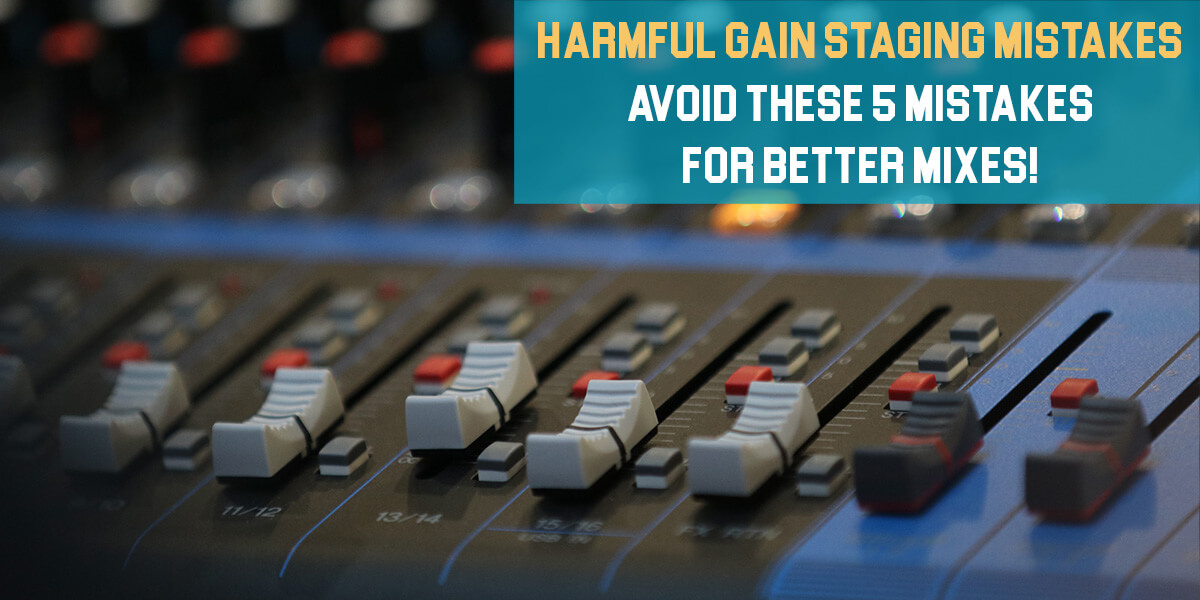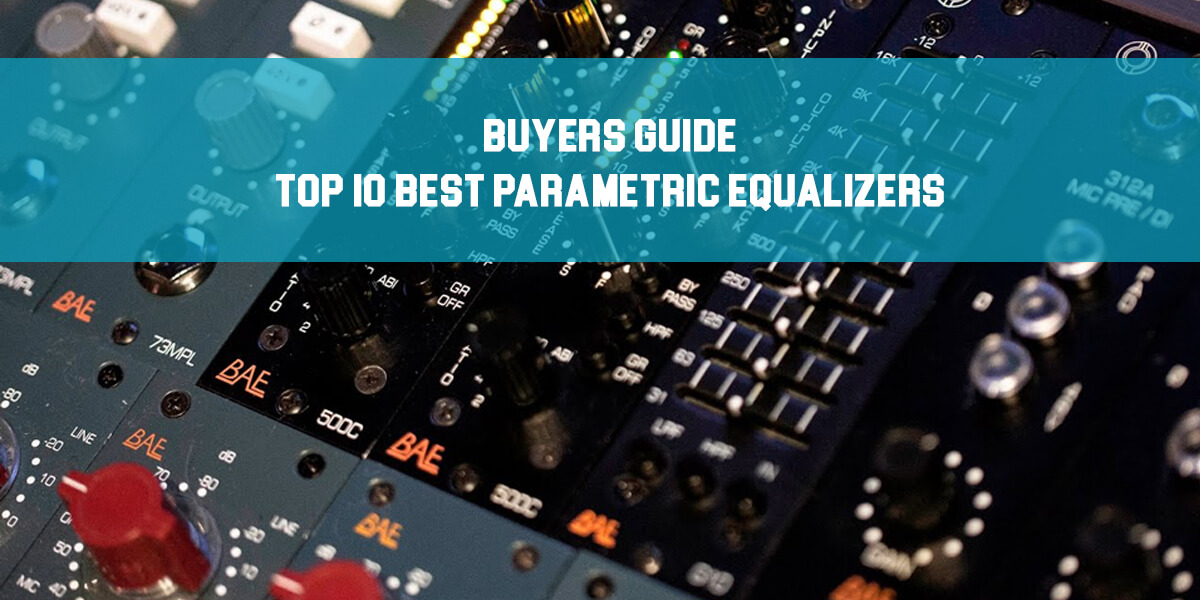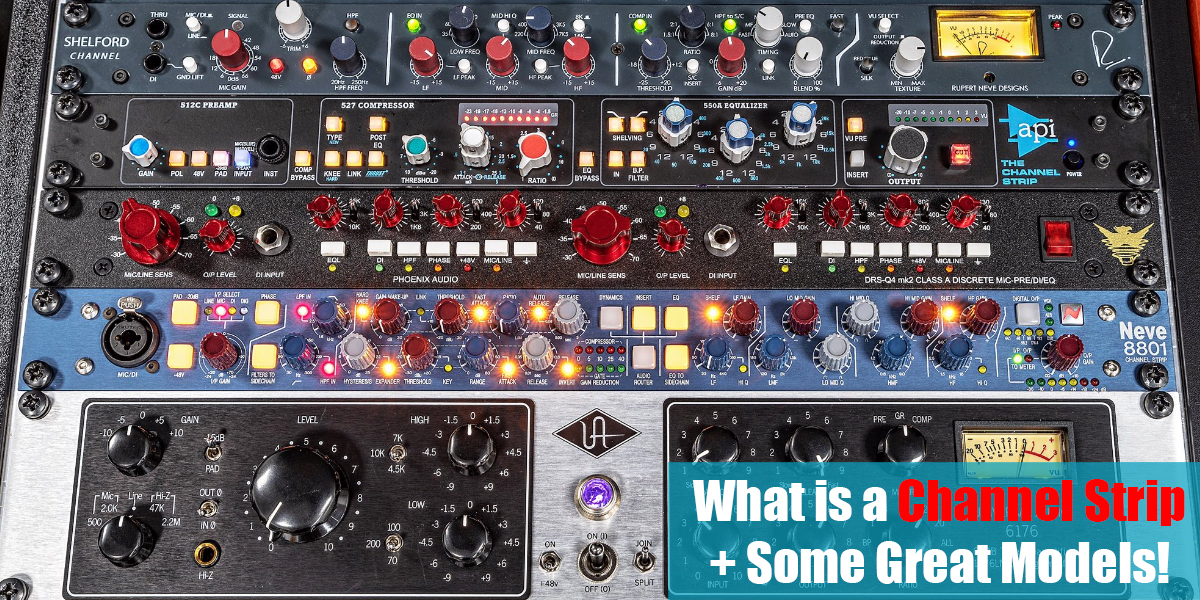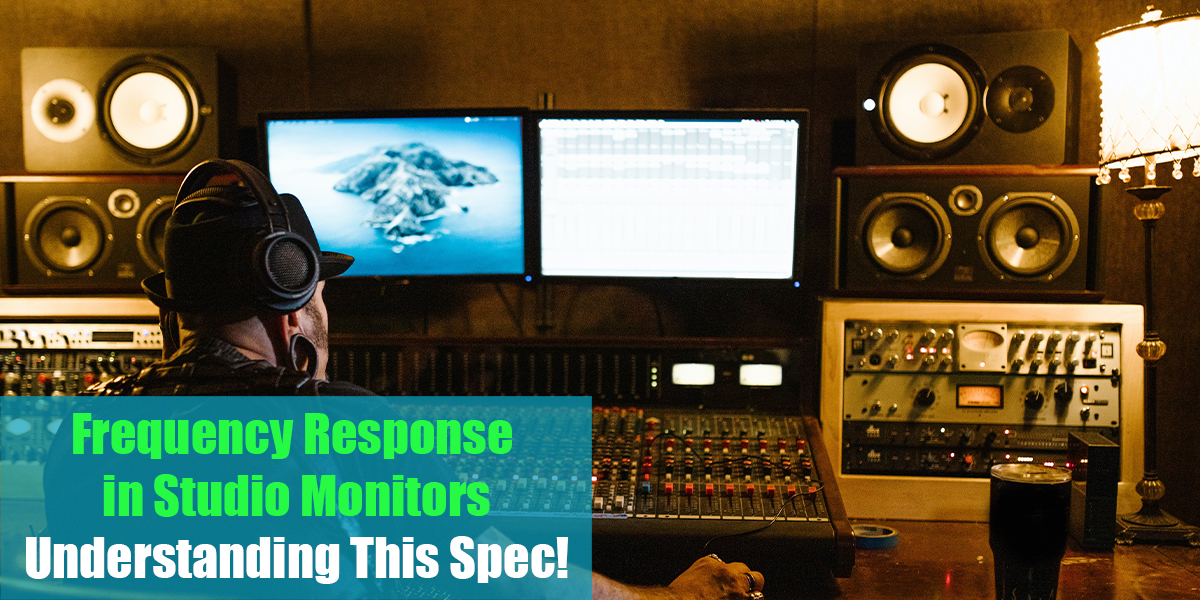Tips for Faster Mixes
Introduction
In the modern era where every minute counts towards the effectiveness of our lives, making faster mixing decisions and mixing your songs faster is truly important. With that being said, we always advocate not to compensate for the quality of the mix for finishing it faster.
There are some methods that you will be able to follow in order to improve the mixing time and finish your work sooner without any flaws. That is exactly what we are going to talk about in this article and provide you with some tips that will help you out with this process.
Every engineer is struggling with this, even the professionals. But with time and with more mixes done, you will create your own routine that will work for you in both quality and speed. Let’s check out some tips for that.
Tip#1 – High-Quality Recordings
Do not go with the state of mind that you will fix it later in the mix. This is one step that you want to perfect for the sake of quality and time as well. If you have properly recorded vocals or instruments, you will have less work in the mixing process.
With experience, you will already know how exactly to set up your microphone, give your artists some suggestions for proper recording and you need to already know the “starting point” of your gear when it comes to record levels.
It is important to state that having good, at least semi-professional gear will help you out as well. We don’t want to make you feel bad for having beginner-level gear, but we are just stating some facts to get the right recordings.

Tip#2 – Build Your Own Routine
You will be able to see many various tips and guides on the internet telling you what you should do first and how you should start your mix. Okay, they are not that bad to remind yourself of a certain process, but creating your own mixing procedure is essential if you have the recipe for what works for you.
When you build your own routine that actually works for you, your next focus will be how to improve it – and that is something that you should always do. Maybe there are some small adjustments that you can make and improve your process even more.
So get knowledge online but always follow your own instinct on how you should progress with your mix. With that, you will get used to it and improve your timing as well.
Tip#3 – Create the Best Mixing Setting
What we mean by creating your best mixing setting is to shape your own creative space to your liking and to some standards as well. You feel better and more confident in a dark mixing room – do it. You like more light in your room – lighten it up!
Besides making you feel better in your room, also focus on the treatment and acoustics to avoid any problems with mix translation in your room. Add some diffusers, bass traps, and acoustic panels in the right spots to have the best sound possible.
I read somewhere long ago that 50% of your mix quality is based on the room acoustics and the other 50% is your skills and gear. That might be right for some and for some might be wrong, but we can all agree on the importance of a well-treated mixing room. Make yourself comfortable in your working spot.

Tip#4 – Know Your Tools
Learn the gear you have and learn the plugins you use. Once you get used to them and you use them frequently, you will already know what to do with them even before you use them. For example, if you own a specific preamp or channel strip, you should already know how to set them up for the session and get the best possible outcome.
The same goes for plugins. In case you purchase or get a new plugin, play around with it for a while. Learn the knobs and parameters and what they are exactly doing. Don’t get lost in plugin interfaces and lose time when you are in rush.
Use your free time to play around with your DAW, various microphone placements, and studio monitor positioning. Listen to lots of new coming songs and the best records at the time. Learn the sound in your room and what to expect/do when you need to mix your own or your clients’ projects.
Tip#5 – Learn your DAW Shortcuts
At the time of writing this article, I and my team are learning FL Studio for some modern hip-hop beat-making and we are having a truly hard time with the shortcuts. Probably that will be the next thing we are going to learn about this DAW in order to improve our mixing time. You can do the same, even if you are using the DAW for more years now.
Learning your shortcuts will shorten the time significantly and we can freely state that this is one of the key things you need to learn about your program. You will be able to find some keyboard stickers that you can purchase online and place them on every key of your keyboard to learn the shortcuts faster.
We are using Cubase for our mixing process and we had stickers for a while. Now that keyboard got broken, but it already served its purpose and we know the most important key bindings already and we are saving some time there.
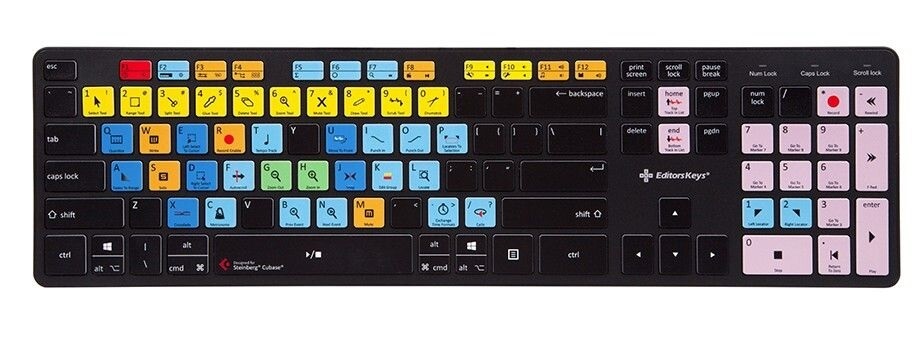
Tip#6 – Listen to Your Mix on Headphones
This is a pretty clear tip. Listen to the mix you are making on many various systems and especially if you have a mixing headphone set. This will help you understand your mix and see if you need to make some adjustments somewhere.
It might not be the classic speeding-up tip, but in a long term will save you some time certainly. Imagine if you send a faulty mix to your client. They will send it back for revision and you will spend some more time on it. You might find some of these problems if you check the mix on many systems and avoid all the revisions.
Tip#7 – Use Reference Tracks
In continuation to the previous tip, using some reference tracks will guide you to make the right decision on your mix. This is something that a big chunk of producers and engineers are doing to check the progress of their own mix and make it sound on the same level as the other industry-level songs.
Also, you will be able to find many tools to help you with this. There are plugins to help you compare your reference track with your mix faster, better, and more efficiently. At this time we do not have a guide to point you to read more about this, but with a basic Google search, you will be able to find these tools.
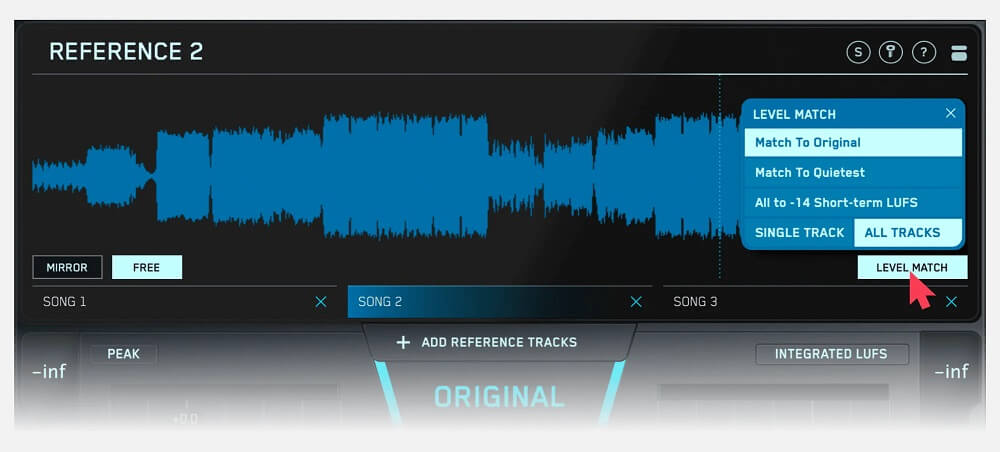
Tip#8 – Use a Mixing Template
If you work on a certain genre, you will already know what elements you will have in the project and how you will arrange them in order of appearance and mixing. This will become much easier if you prepare a mixing template and simply import the tracks in it.
You can place the plugins on the tracks even, being ready for the proper tweaks to suit the song you work on. As with the keyboard stickers, you will be able to find some templates to download or buy online, but we suggest you do this on your own. Probably will take you one hour to create it, meaning that you will save one hour on every future mix. Cool right?
Tip#9 – Use Mixing with Groups
Sometimes if you are having a group of signals, like sound effects or percussions, it might be a good idea to try and mix them as a whole in a subgroup or buss. What you will need to do before that is to properly balance and clean them out, and after that, they will be ready for the group mixing.
This might sound like a cheat or improper mixing, but if the sounds are of similar character, there is a good chance that if you mix them as a group, you will properly do it and nail the mix on them. Try out different groupings and what works best for you, stick to that procedure. Do not do it for the price to compensate for the quality of the mix, do it only if it improves the quality and the speed.
Tip#10 – Know When You Are Done
This is one other struggle that most engineers have. My take on this is that if you are satisfied with the sound of the song you work on and if you don’t know what to do next, there is a huge chance that your mix is now done.
Consult with any other engineering friends or the client and if there is no comment to be added for the mix, proceed to the next stage – printing the mix and preparing it for the mastering stage.
Spending unnecessary time on a finished mix is one other time-consuming block that will make stay and stare at the screen for a long time. Come to the conclusion that your mix needs to be done sometimes and when you do that, you will certainly know when to stop mixing and finish the song.
Conclusion
Well, we somehow compiled 10 tips for faster mixes that should help you out with finishing your songs faster and moving on to the next one. With experience, you will shorten your time, but if you are not that experience, we believe that these tips will do for now. Trust your process!
In case you are having any questions about these points, please let us know in the comment section below, and once available, we will answer you gladly.

